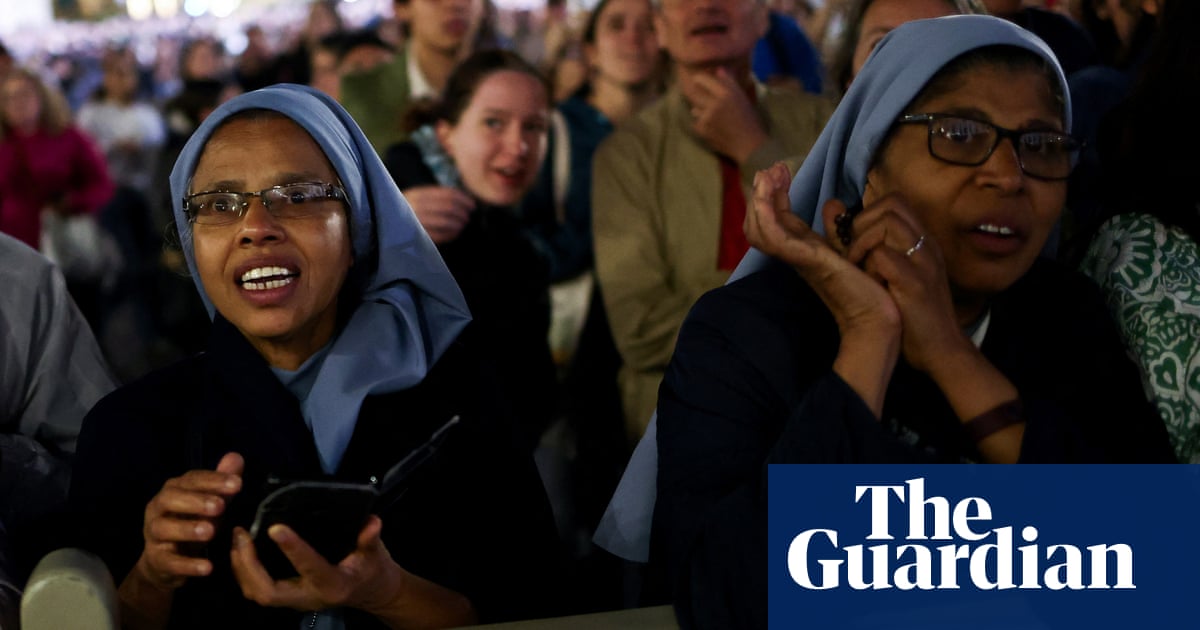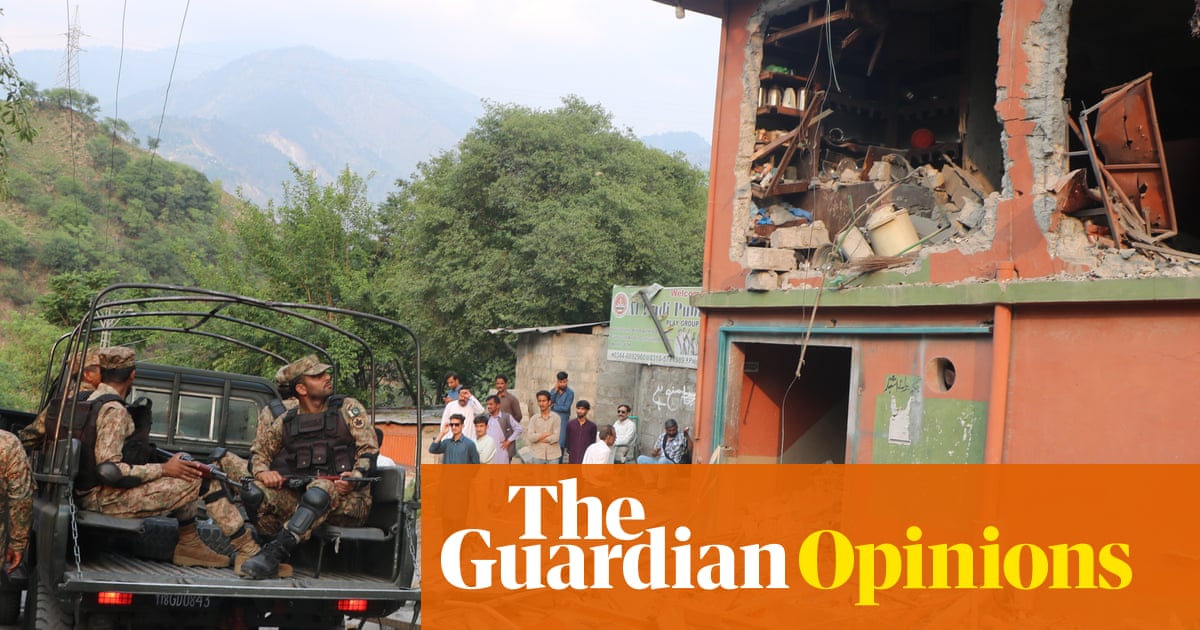“If I take another pay cut, I might as well start working pro bono,” I joked with a friend recently, during another brutal round of job hunting in my home-city, Delhi. She, in her early 40s, laughed and said: “I feel the same.”
A few weeks later, I had deja vu on a call with another writer friend in her early 40s. “I’m tired of trying to find a job that pays what I’m worth. No one will hire me unless I drop my expectations to entry level,” she lamented.
I have done that, too. In my last full-time role, I took a 50% pay cut – the alternative was losing the job. So I accepted it, thinking of how I would dazzle them and soon influence them to raise my salary. I forgot one crucial factor – as a 48-year-old woman, I was as replaceable as the swivel chair at my desk.
If I had known that my shelf life ended when I turned 45, I would have been more amenable – and taken up one of those jobs that devalued me even further.
There is a need to look at the gender aspect of the age penalty – because for women, ageism coincides with their menopause. It is what I call a “menopenalisation”. Many, like me, who have managed to make it through the marriage penalty and the child penalty, are now caught in the age penalty – right when we are also struggling with menopausal blues.
Over the past five years, I have worked in teams where my colleagues were a decade younger or more. So where did all the women of my age go? In India, menopause typically begins about age 47, earlier than the global average of 51 – the age a working woman would typically be in middle or senior leadership.
According to a report by LinkedIn and the Quantum Hub, the percentage of women in senior leadership roles in India was 18.3% in 2024.
But there is a lack of nuanced data on this issue in India. For instance, how many of the 260 million working-age women not in decision-making roles have quit due to menopenalisation, or have been sidelined due to the false perception that menopause makes them less capable?
Global data might shed some light. A 2022 survey of American women aged 40 to 55 found that nearly a third considered switching from full-time to part-time work, and 22% were considering early retirement. Another survey from the UK showed that 18% of women going through menopause were thinking about quitting altogether. In 2015, a UK government report suggested that talent progression for women stops when they are about 45.
There is little doubt that many women in their late 40s or early 50s – prime years for leadership – are leaving the workforce because of menopenalisation. Physical and emotional symptoms such as hot flushes, brain fog or anxiety are being used to dismiss them as less capable during this phase of life. It is a deadly combination of ageism and the menopause penalty.
What women need at this time is a supportive work environment that offers flexible hours and considerate leave policies, not one that takes advantage of this life stage to provide less favourable conditions. The age penalty is not just a personal crisis for each of us, but a collective failure.
I have been in perimenopause for a few years now. And yes, I struggle with sudden hot flushes, spiralling anxiety over the most mundane things, sudden car sickness and inexplicable depressive episodes.
But it has not taken away my skills and my productivity. I am at my creative peak – I wrote two books while in perimenopause, and another two are slated for next year. I recently launched a website called Wednesday, a one-stop destination for information on various aspects of women’s lives, including caregiving, work, leadership and health, including information on menstrual health and menopause – taboo topics in India.
I have done all this while feeling oddly unwell some days, with inexplicable pains and aches, and sudden brain fogs – sometimes all at once. I am still here and still productive, but I am apparently unhirable.
Women need to be more vocal about discrimination around their reproductive timeline. We need policies that protect older women in the workforce and leadership pipelines that do not just look like boys’ clubs with a token woman thrown in. We need workplaces that are sensitive to women’s needs at various stages of their reproductive lives. Above all, we need to stop allowing ourselves to be exploited for being experienced, knowledgable and, yes, older.
-
Nilanjana Bhowmick is a writer based in Delhi, India

.png) 16 hours ago
8
16 hours ago
8













































